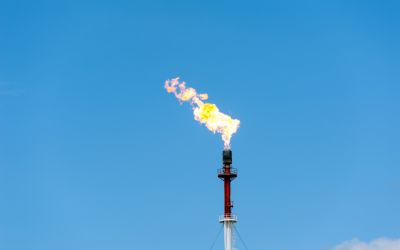FAO report reveals hidden costs of agrifood systems
Although current agrifood systems provide nourishment and sustain economies, they also impose huge hidden costs on health and the environment - the equivalent of at least $10 trillion annually - a new report by the Food and Agriculture Organization (FAO) has revealed.

It introduces the concept of the hidden costs and benefits of agrifood systems, offering a framework through which they can be assessed.
The aim is to help decision makers steer global agrifood systems – the whole industry encompassing food and non-food agricultural production.
The report found that the biggest hidden costs, more than 70 percent, are driven by unhealthy diets that are high in ultra-processed foods, fats and sugars, leading to obesity and non-communicable diseases, and causing labour productivity losses. This is particularly the case in richer countries.
One fifth of the total costs are environment-related, from greenhouse gas and nitrogen emissions, land-use change and water use, with all countries affected.
Meanwhile, low-income countries are proportionately the hardest hit by hidden costs of agrifood systems, which represent more than a quarter of their GDP, compared to less than 12 percent in middle-income countries and less than eight percent in high-income countries.
Hidden costs associated with poverty and undernourishment are also the most significant in these nations.
The report calls for more regular and detailed analysis by governments and the private sector of the hidden or “true” costs of agrifood systems through true cost accounting, followed by action.
Although there have been previous attempts at measurement, the FAO report is the first to disaggregate these costs down to the national level and ensure they are comparable across cost categories and between countries.
The UN agency will dedicate two consecutive editions of the SOFA report to the same theme, marking a first. The current report presents initial estimates, while the 2024 edition will focus on in-depth targeted assessments to identify the best ways to mitigate them such as through taxation, subsidies, and legislation.
FAO has urged governments to use “true cost” accounting to transform agrifood systems to address the climate crisis, poverty, inequality and food security, which will require investment and innovations in areas such as research, data collection and capacity building.
Find Out More Here



